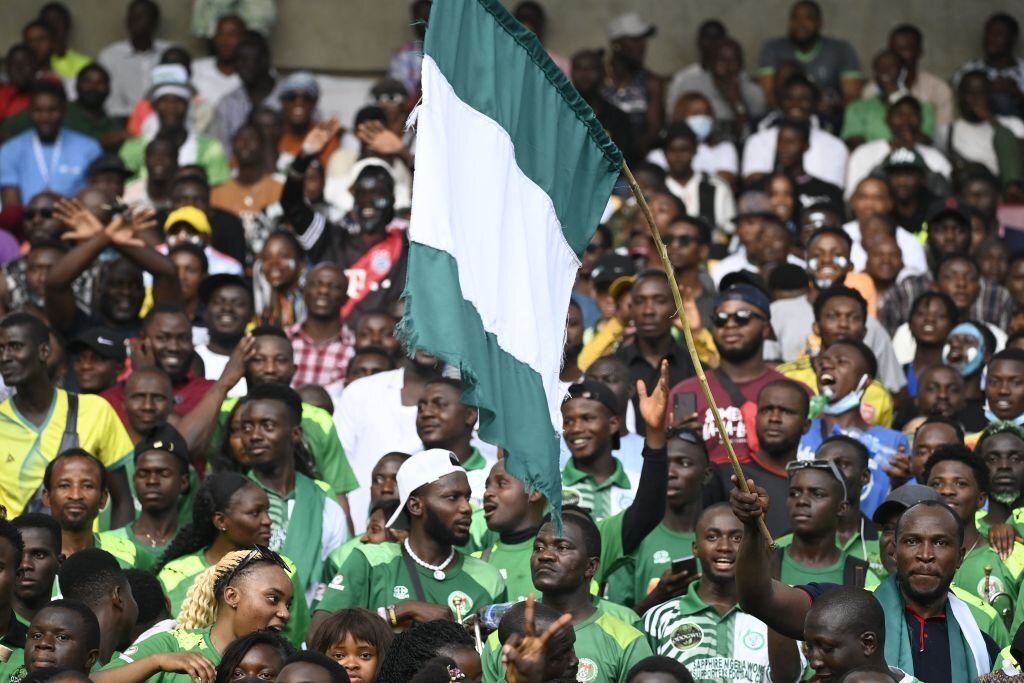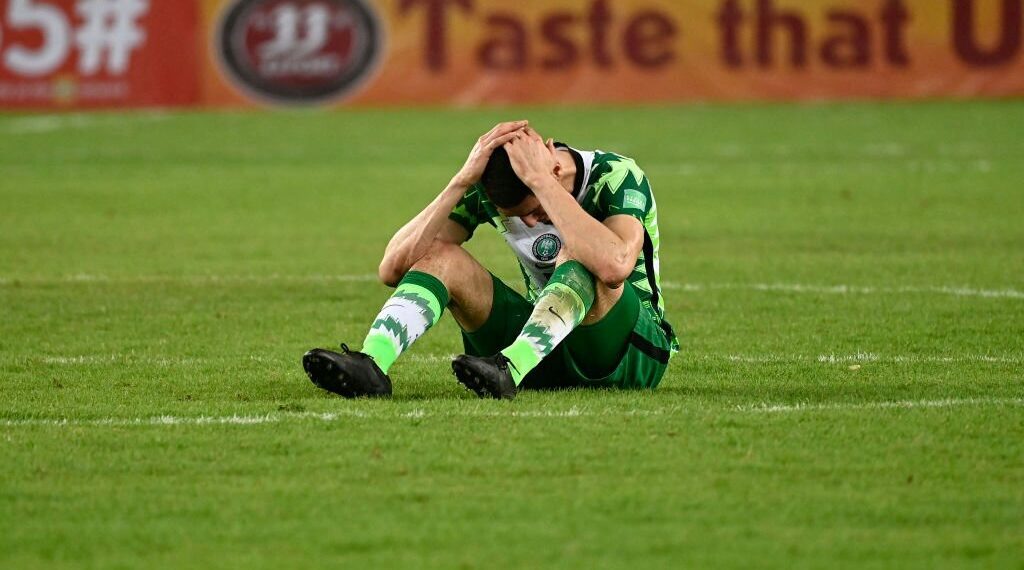In three years, attention in the football world will be shifted to the United States, Canada and Mexico which will co-host the 2026 FIFA World Cup. It marks the first time three countries will host the global showpiece and the first time an entire continent will host a sporting event.
The qualification stage for the Confederation of African Football (CAF) and the South American Football Federation (CONMEBOL) have already been decided with the former seeing all 54 African countries split into nine groups and all nine teams that finish in top spot making it into the finals while the best four second-placed sides will battle it out for the sole spot in the inter-confederation playoffs.
????????We are up against ????
????????South Africa
???????? Benin
???????? Zimbabwe
???????? Rwanda
&
???????? Lesotho as we seek a place at the @FIFAWorldCup in 2026.Yes, we can. #2026FIFAWC #SoarSuperEagles
— The NFF ???????? (@thenff) July 13, 2023
One group that has drawn interest and attention is Group C which comprises Nigeria, South Africa, Benin, Zimbabwe, Rwanda and Lesotho. The Super Eagles are the biggest and highest-ranked side in the group ahead of Bafana Bafana and will be tipped to make it to Mundial having failed to reach the previous edition in Qatar after losing on away goals to West African rivals Ghana.
The defeat left a sour taste in the mouths of fans as there were high expectations. It marked the second time they failed to make it to the Mundial since the 2006 edition in Germany.
The Super Eagles have never failed to qualify for consecutive World Cups since making their tournament debut in the 1994 edition in the United States. There is however a risk it might be their reality when the qualifiers conclude in November 2025.
For one, the qualifiers are going to be more challenging than ever as nine teams are guaranteed automatic progress to the finals as stated earlier. Nigeria might be favourites in Group C but it does not necessarily translate to them pulling through.
How far will the Super Eagles ???????? go in Group C of the 2026 FIFA World Cup Qualifiers?
Can Nigeria secure the top spot against South Africa ????????, Benin ????????, Zimbabwe ????????, Rwanda ???????? and Lesotho ???????? to qualify?#Afrosport #2026WorldCup #FIFA #CAF #Nigeria #SuperEagles pic.twitter.com/e0tI3SUBLU
— AfroSport (@AfroSportTV) July 14, 2023
The West African giants can therefore not afford to take any team for granted as though facing them will be a walk in the park. The Super Eagles have had a well-documented history of underestimating opponents, leading to massive upsets and ultimately qualification failure.
One such upset was against Angola during the 2006 World Cup qualifiers. The Eagles lost to the Black Antelopes in Luanda before going to draw 1-1 on home soil in Kano which ultimately sealed Nigeria’s fate and earned Angola their first-ever World Cup outing.
The Super Eagles also failed to qualify for the 2015 and 2017 Africa Cup of Nations, finishing behind South Africa and Congo in the former and Egypt in the latter. In the 2015 AFCON qualifiers, Nigeria lost to Congo at home, drew home and away to South Africa and lost away at Sudan while in the 2017 qualifiers, they drew away at Tanzania, drew heavyweights Egypt at home and lost 1-0 in Cairo.
Looking at the 2022 World Cup qualifiers, Nigeria faced a Ghana team that was in turmoil over a leadership tussle that rocked the Ghana Football Association and were not seen to have a strong squad compared to the Super Eagles. The reality however saw the first leg in Kumasi end goalless before the return leg in Abuja ended 1-1, much to the disbelief and anger of Nigerian fans that turned violent at the Moshood Abiola Stadium.
Once again, there seems to be a lot of confidence in some quarters that Nigeria will pull through their 2026 World Cup qualifying group with ease after booking a spot at the 2023 AFCON in Ivory Coast next year. This will be another slippery slope that will leave eggs on the faces of those who boast of certainty. Former Nigeria Football Federation (NFF) President Amaju Pinnick bragged that the national team had to be at the 2022 World Cup due to the bilateral relations that existed between Nigeria and Qatar, declaring with certainty that then-President Muhammadu Buhari would be in the Arab Gulf nation which never happened.

Nigeria must therefore take each game during the 2026 World Cup qualifiers with seriousness even if there is a clear gulf in class between them and the rest of their opponents. African teams are rising and improving hence years when playing them would be a walk in the park is not guaranteed. South Africa have already proven to be a thorn in the flesh in the past and will be the most difficult opponent on paper in Group C.
If the culture of underrating opponents does not end, more upsets and tournament qualification failures will be on the horizon, and that is not pleasing for a country beaming with talent and a high reputation.







